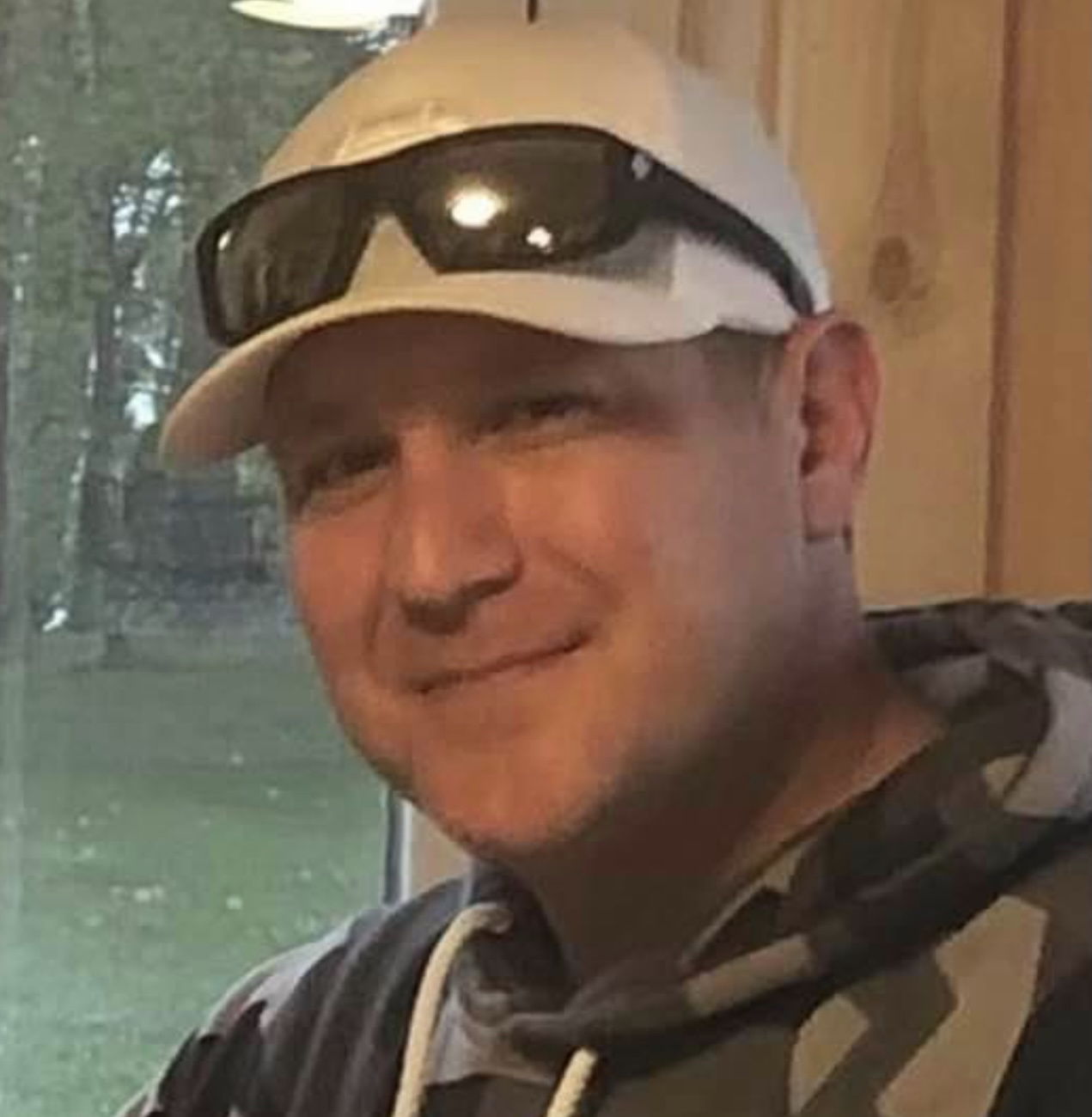Visiting the doctor as an adult feels different than when you brought your children to their pediatrician. Children often see the same pediatrician from when they are tiny babies until they are 17 or 18 years old. We develop relationships with the pediatricians and feel at ease with the belief that they understand the nuances of our children and how to best care for them.
As adults, it’s rare to develop that same type of relationship with our healthcare provider. Perhaps we don’t do as good of a job in keeping up with our regular and routine well-care checks. Maybe we only visit the doctor when we’re ill and have to see whatever provider is available. Regardless of the cause, the relationship with our doctors as adults does not seem to run as deep as those with our pediatricians.
This doesn’t have to be the case and gratefully, wasn’t the case for a young man by the name of Scott.

Scott’s Story
Scott was born with an innocent heart murmur. As a child, Scott’s primary care team monitored and addressed this condition. For years, the murmur was not an issue. Scott lived a normal childhood and was healthy into his young adult years.
Many years ago, his family found a home at Voyage Healthcare. As a teenager, Scott was lucky enough to become a patient of Dr. Jerome Merkel, M.D., a family medicine provider. Throughout the years, Dr. Merkel always listened to Scott’s heart and paid special attention to Scott’s murmur. In the spring of 2021, that special attention was instrumental in saving Scott’s life.
The Warning Signs
As a young man, one doesn’t expect to experience extreme fatigue and shortness of breath upon excursion. Scott realized these symptoms were not normal and meant it was time to visit his primary care doctor to rule out any bigger issues. Dr. Merkel listened to Scott’s heart and recognized something didn’t sound right. After years of “hearing” Scott’s chronic heart murmur, this time, something sounded different. Dr. Merkel immediately ordered an echocardiogram and referred Scott to a cardiologist to ensure Scott was evaluated by a specialist.
It Was Time
Scott’s diagnosis of severe heart failure was frightening to Scott’s family and friends. Scott’s personal support team and his medical team were all ready to move quickly — and they did. The day following his cardiologist appointment and receiving his diagnosis, Scott was admitted to the hospital in preparation for major open-heart surgery to replace a congenitally defective bicuspid aortic valve and repair his aortic stenosis/aneurysm. In addition, his left ventricle was enlarged and not functioning well so an internal heart pump LVAD (Left Ventricular Assist Device) was implanted to help his left ventricle pump blood properly.
The Road to Recovery
Patience is a challenge for many especially for an active, young man in his 30’s but Scott’s six-year-old son provided all the incentive and determination he needed. Six weeks after surgery, life was slowly returning to normal, although still not allowed to work or drive, cardiac rehab was in full swing with the hopes and anticipation that full function of the heart would return to normal. Being out of the hospital and resting comfortably at home was a huge benefit.
Finding a Best Fit Doctor
Scott was lucky. He had a primary care physician that intimately knew and understood his heart condition. They had built a relationship over time and the doctor understood that when Scott came to him with explicit concerns, it was not an option to “wait and see” if it resolved itself, it was something to explore further. It is always important for patients to advocate for themselves, but when a relationship is built with a primary care physician, advocating becomes more natural and intuitive for both the patient and provider.
What to Consider When Selecting a Doctor
When you are looking for a new primary care physician there are several questions to consider. First and foremost, you want to feel comfortable with their personality and communication style, make sure you are listened to and your concerns are acknowledged and acted upon. In addition to more of the soft skills, it is important to also consider location, hours, insurance providers accepted, and hospital privileges for your provider.
When you establish a long-standing relationship with your primary care physician, your overall health can benefit. Doctors and patients that have a relationship don’t have to spend valuable time reciting health histories and overarching health concerns. More of that time will be able to be spent addressing present health concerns and ways to stay healthy.
Learn More about How to find a Best-Fit Doctor for You1
We’ve created a guide that walks you through many of the factors you should consider when selecting a Best-Fit Doctor. We hope you find it valuable, and we hope to see you at Voyage Healthcare!